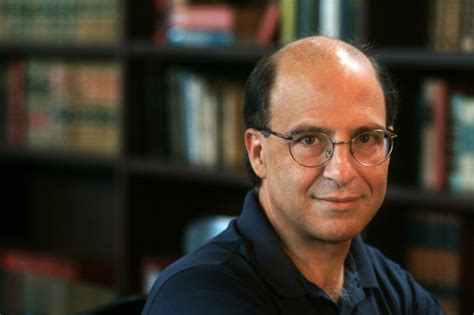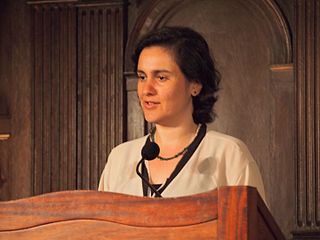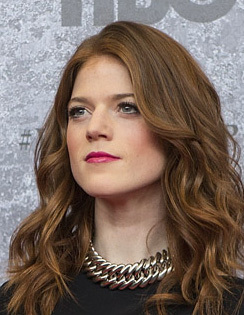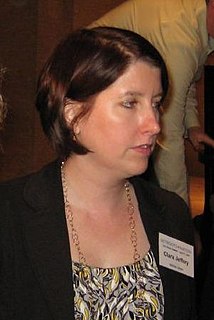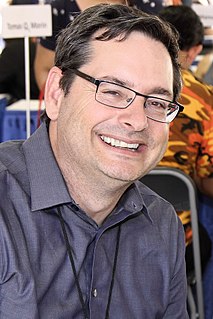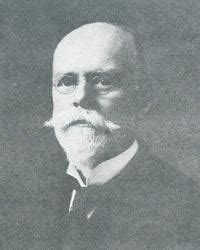A Quote by Ernest Sosa
Knowledge in my view is a form of action. It involves endeavors to get it right, and more broadly it concerns aimings, which can be functional rather than intentional.
Related Quotes
Through our perceptual systems, we represent our surroundings, aiming to do so accurately, where the aiming is functional or teleological, rather than intentional. And the same goes for our functional beliefs. Through our judgments, however, we do intentionally, even consciously, attempt to get it right.
A novelist can shift view-point if it comes off. ... Indeed, this power to expand and contract perception (of which the shifting view-point is a symptom), this right to intermittent knowledge - I find one of the great advantages of the novel-form ... this intermittence lends in the long run variety and colour to the experiences we receive.
I am most comfortable in a "learner" role, I may raise my values-related concerns by asking the well-crafted and well-timed question, rather than by strenuously arguing a particular point of view. Or if I am a risk-taking, aggressive manager, I may frame the values conflict as just one more challenge that I want to take on, as opposed to a "constraint" on my action choices.
What being among the 'right people' entails is the possession of human capital, rather than organizational capital: an individual reputation, portable skills, and network connections. Career responsibility is squarely in the hands of individuals, a function of their knowledge and networks. Transferable knowledge is more important to a career than firm-specific knowledge.
Fantasy involves that which general opinion regards as impossible; science fiction involves that which general opinion regards as possible under the right circumstances. This is in essence a judgment call, since what is possible and what is not cannot be objectively known but is, rather, a subjective belief on the part of the reader.
And if there be any addition to knowledge, it is rather a new knowledge than a greater knowledge; rather a singularity in a desire of proposing something that was not knownat all beforethananimproving, anadvancing, a multiplying of former inceptions; and by that means, no knowledge comes to be perfect.
Feminism involves so much more than gender equality and it involves so much more than gender. Feminism must involve consciousness of capitalism (I mean the feminism that I relate to, and there are multiple feminisms, right). So it has to involve a consciousness of capitalism and racism and colonialism and post-colonialities, and ability and more genders than we can even imagine and more sexualities than we ever thought we could name.

